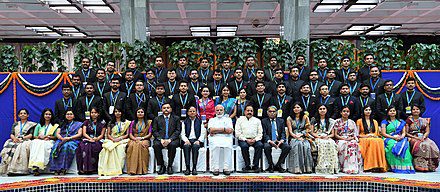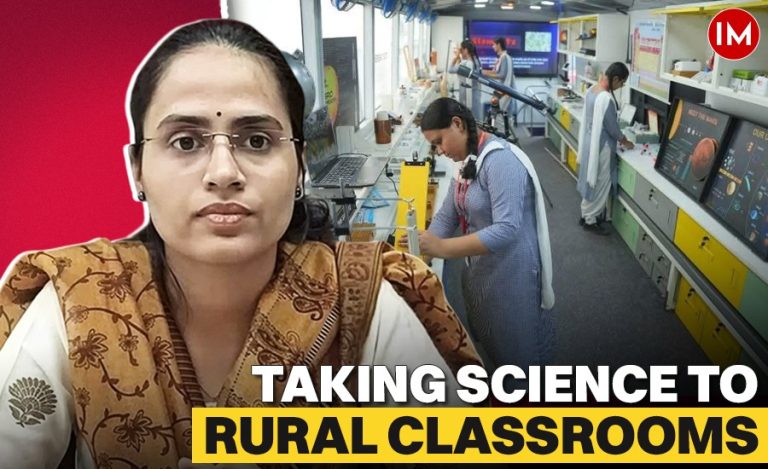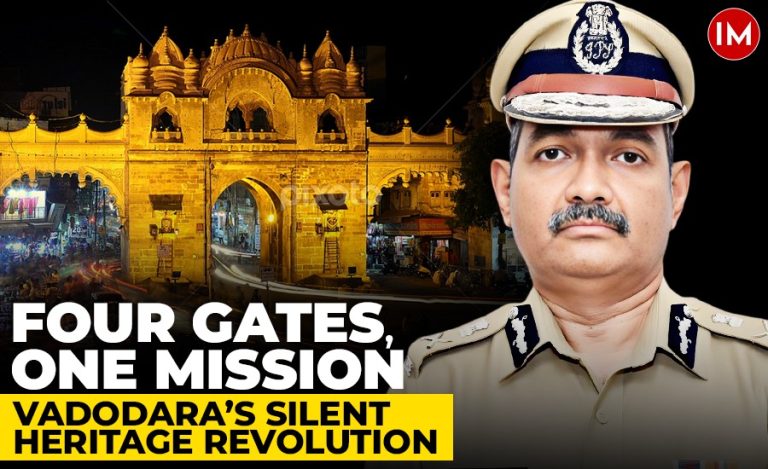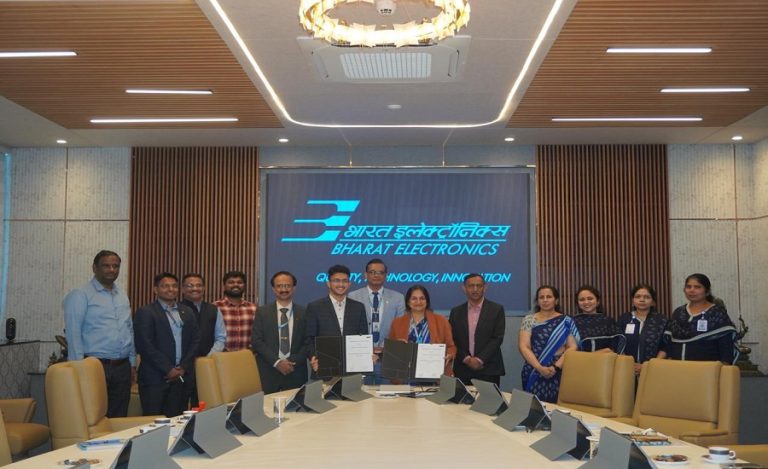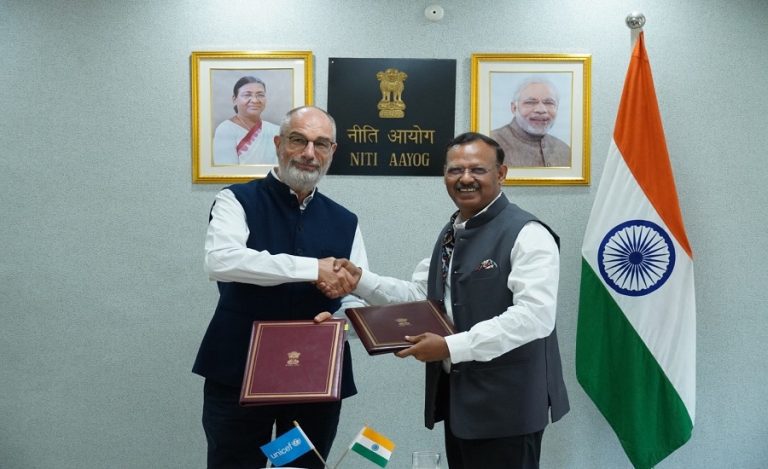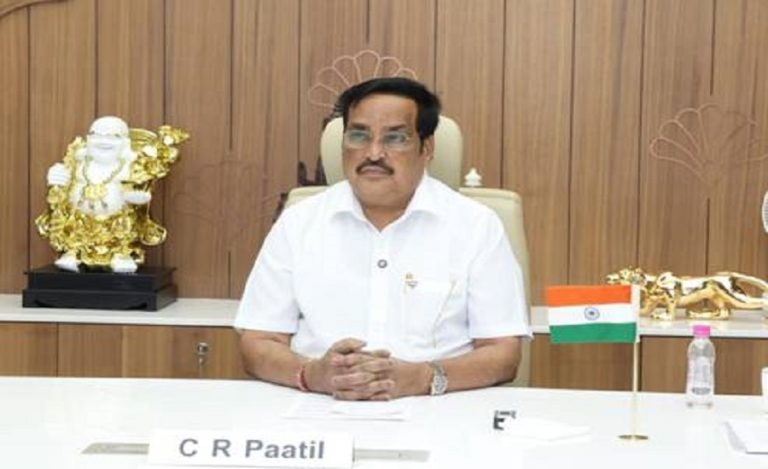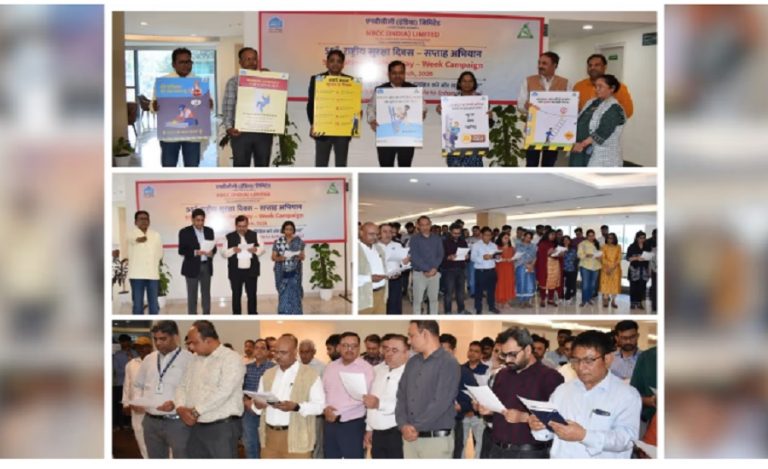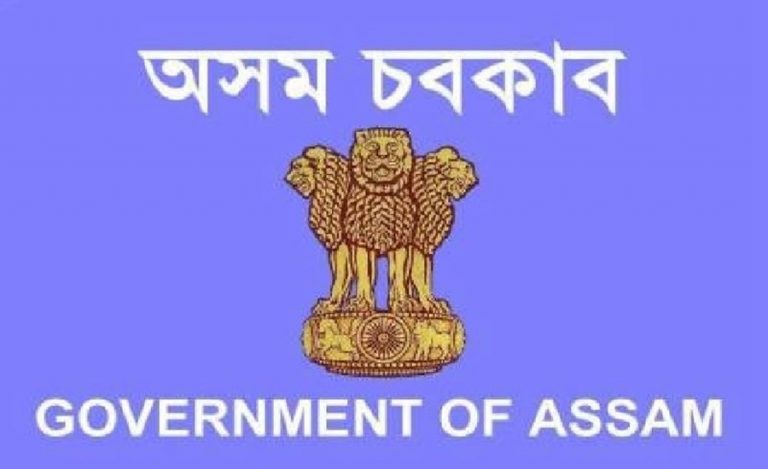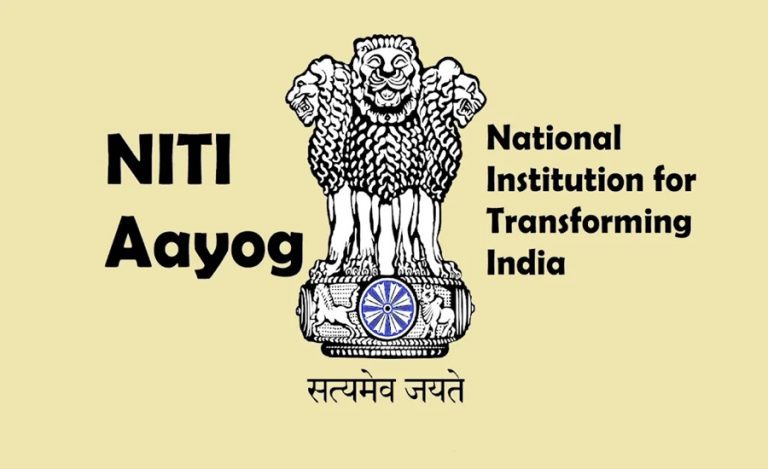The unequal male-female ratio in any profession does not really come as a surprise anymore. The country has been witnessing it for ages now, and even with the thrust on women empowerment by successive governments and reservations for women in some areas at least, the fact remains that there still exists a gross inequality in numbers when it comes to equal representation of both the sexes in any sector. Female workers are overwhelmingly outnumbered by their male counterparts in most professions and workplaces. So is the case in the country’s premium government service – the Indian Administrative Service.
Every year, hundreds of thousands write the civil services exam (CSE) but only a few hundred make it. And the vast majority of these are men. The share of women sitting for the CSE touched 30% of all applicants only once – in 2017, data from 2010-2018 released by the Union Public Service Commission (UPSC) show.
Right from 1951, when the first woman joined the Indian Administrative Service (IAS), till 2020, women have made up only 13% of all IAS officers. Of 11,569 IAS officers who entered the civil services between 1951 and 2020, only 1,527 were women, shows an analysis of the Indian Administrative Service Officers Dataset compiled by the Trivedi Centre for Political Data (TCPD) at Ashoka University.
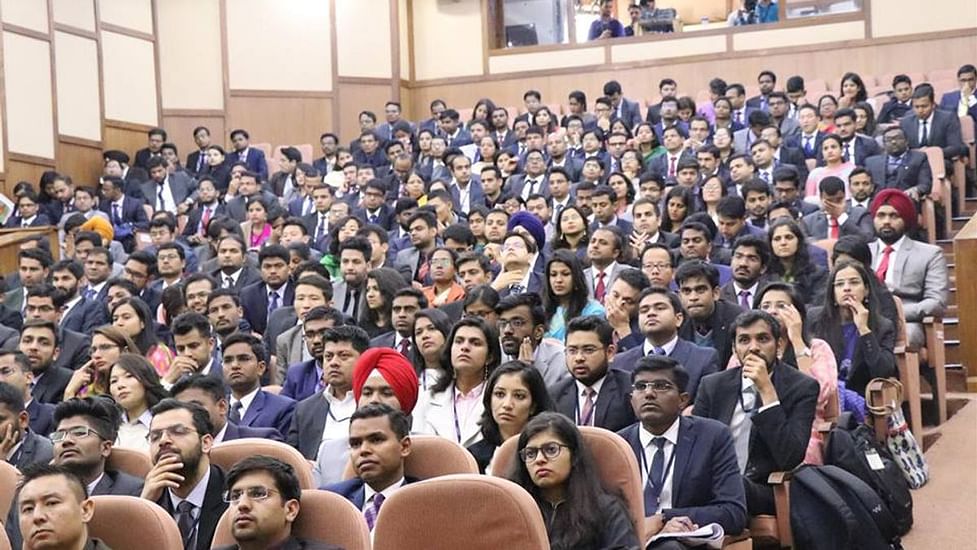
A LONG WAY
However, even though the inequality remains, India has come a long way from the days of yore. The board that interviewed Anna Rajam George, the first woman to pass the IAS exam, actively discouraged her, asking her to consider the foreign or central services instead. George’s appointment letter even came with the condition that “in the event of marriage, your service will be terminated”. The rule was subsequently changed, and she continued in service even after marriage.
But progress has been slow. In 1970, women made up 9% of those entering the IAS; that proportion rose to just 31% by 2020. Currently, 21% of serving IAS officers are women, shows data from the National Informatics Centre.
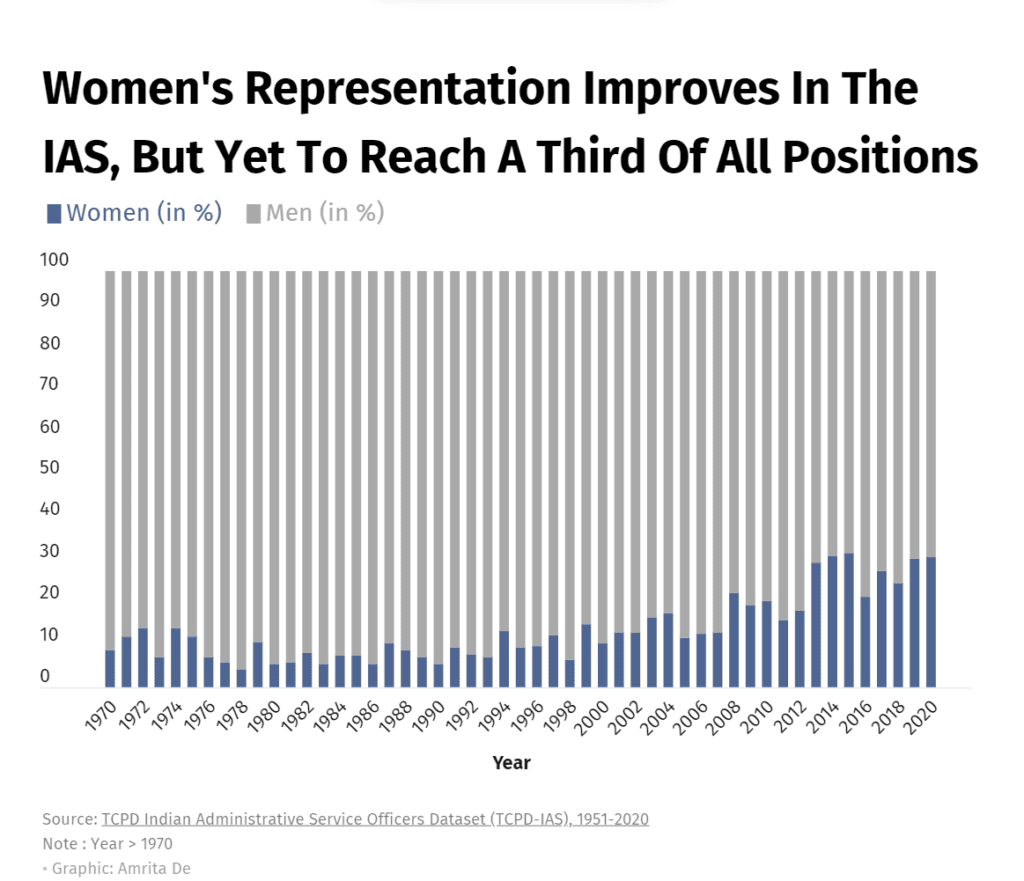
WOMEN OFFICERS’ OPINIONS
Indian Masterminds reached out to several women Indian Administrative Service officers for their views on the matter. Based in Imphal, Manipur, IAS officer of 2018 batch, Ms. Pooja Elangbam says, “Since the last 20 years, women entering college/university has been very low. Even those who went, are encouraged to marry early. Women are societally conditioned to not opt for ambitious jobs or careers and most of them are conditioned to place family/marriage before career.”
Given the long runway to make it to the IAS, aspiring candidates need to spend a few years in their twenties preparing for and taking the exam – and this process can stretch into their early thirties if they fail in the first few tries.
“The CSE is a risky exam, often requiring multiple attempts,” said Ms. Ira Singhal, a 2015-batch officer, currently serving as a Deputy Commissioner in the cadre that deals with legislative matters of union territories (AGMUT cadre). “Many families are not willing to support their daughters through the process because they are apprehensive about how they will explain all those years of preparation, in case the woman is not able to make it to the service, to a prospective groom.”

LACK OF SUPPORT FROM FAMILIES
Says Ms. Elangbam, “Being an Indian Administrative Service officer is a very demanding job, so families are also not very supportive of their daughter’s decision to get into civil service.”
“Walk around this area and try to find women above 30 who are not married and are preparing for the exam,” Sonal Gupta (name changed), a counselor at a coaching center in Karol Bagh in Delhi, a hub for CSE preparation, stated. “And contrast that to the number of unmarried 30-plus men who are preparing,” she added.
Another factor is distance. Families are often reluctant to send their daughters away from home to the big cities to study, points out Pankaj Dwivedi, who teaches at a coaching center in Delhi’s Karol Bagh. “In fact, we have seen a relatively larger number of women sign up for online coaching, so that says something.”
“You have to be a graduate to take the exam,” Aanchal Chaudhury (name changed on request), an officer in the AGMUT cadre, said. “And then you have to dream and have the financial resources to be in ‘informal education’ or take ‘gap years’ for at least a year or two. Add to this the fact that families tend to put less money in girls’ education.”
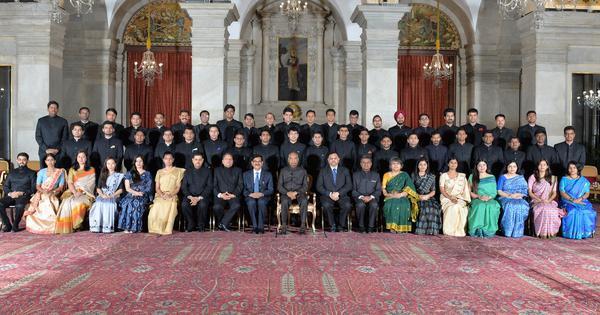
These views expressed by successful women professionals go to prove why women make fewer attempts at the IAS exam when compared to men. Among women who took the 2018 exam, 61% were taking it for the first time, 19% the second time, and only 5% were giving the exam the fifth (or more) time, as per data from UPSC’s latest report (2019-20). Against that, nearly 10% of men were taking the exam for the fifth (or more) time.
The data underline the point about families being unwilling to let their daughters spend their twenties preparing and repeatedly attempting to pass the exam.
This accounts for one of the reasons why ultimately very few women sit for the exam. And fewer the women examinees, fewer the women in service. The problem has to be tackled at the roots.

